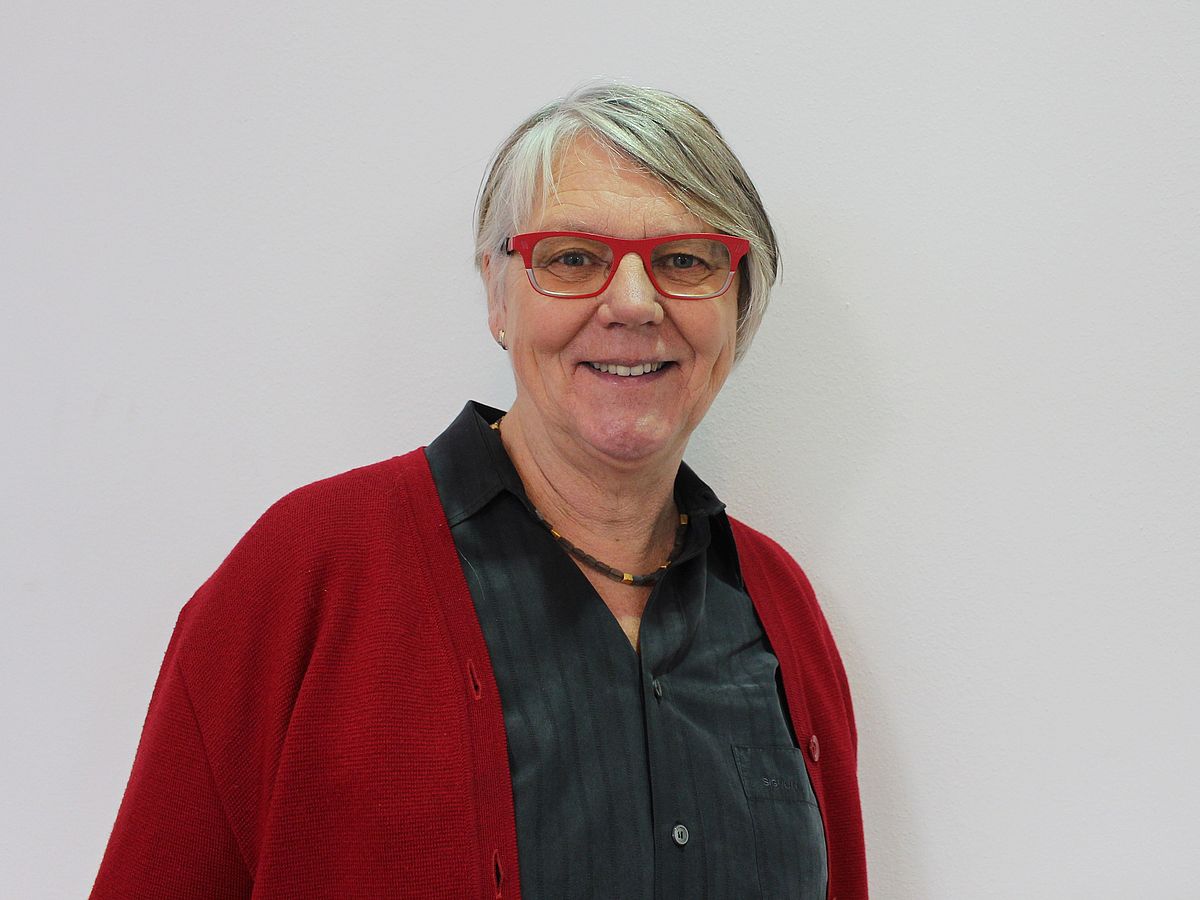Ute Treptow

Our alumni board, personally speaking
Alumna of Law, Retired, Voluntary Patient's Representative of the Joint National Committee, Bremen
Volunteering…that’s all well and good, but it also means work. Why do you serve on the board of the alumni association?
In the 1980s I did the “one phase” law programme at Uni Bremen [where practice was integrated into the degree]. Even then volunteering was important to me, so as a student I was active in AStA and then in the staff training council. I am of the view that in a democratic society, social engagement should be an obligation. You shouldn't be able to become a leader without a record of qualified volunteer service. That is admittedly a radical opinion, but in the times we’re living in, it’s an especially important consideration. At any rate, I like to give back something of what society has made possible for me. I love all of the very different kinds of volunteer work that I do and will never get tired of staying engaged.
What was an alumni experience where you thought: “Wow, what a great association!”?
In the organisation of Uni Bremen’s 50th anniversary commemorations, we were full of ideas and incredibly well positioned. Corona put a damper on some of our plans, but we were still able to put on a great programme. I am particularly proud of the talk series "Simply Change the World” that we did together with Radio Bremen and the university. It was exciting, informative and forward-looking.
When have you thought: "We could do better”?
Oh, there's surely some time or another. But in any case for me, it’s important that we continue to look forward in an innovative way and always keep sight of our goals, overcome any problems and don't get bogged down by obstacles.
Uni Bremen alumni in ten years: What will be different from today?
I hope that by then we will have grown even more and that we will be one of the big players among Bremen's associations and, being well networked, will play a role not just within the university. It will be important that the university, and with it the alumni association, can play a significant role in civil society. Academia belongs in the city. But the association should not only be visible and active in Bremen, it should also have a well-functioning international network. In addition, there should be a focus on networking with former employees.
About your time studying/working at Uni Bremen, what makes you say: “I wouldn’t miss that for anything!”?
I didn’t only study at the university, I also worked in the student union before that. Both experiences were very formative for me and I valued that time highly. It’s when I learned how to do interdisciplinary and academic work, which I can still apply today. It’s also when I started building up my extensive network. And I’m happy to say, that process is still ongoing, never finished.
When you’re not busy with alumni and the University of Bremen, what else is important to you in life?
I’ve been nominally retired for a few years now, but when I look at my various volunteer positions, the workload amounts to about half a job. The difference is that now I have the advantage of being able to choose the work that I enjoy and the people I would like to work with. That’s not always possible in the normal work world. I would like to keep contributing – politically, socially, bringing my competencies – and to establish larger networks in the different areas where I work or am involved.

